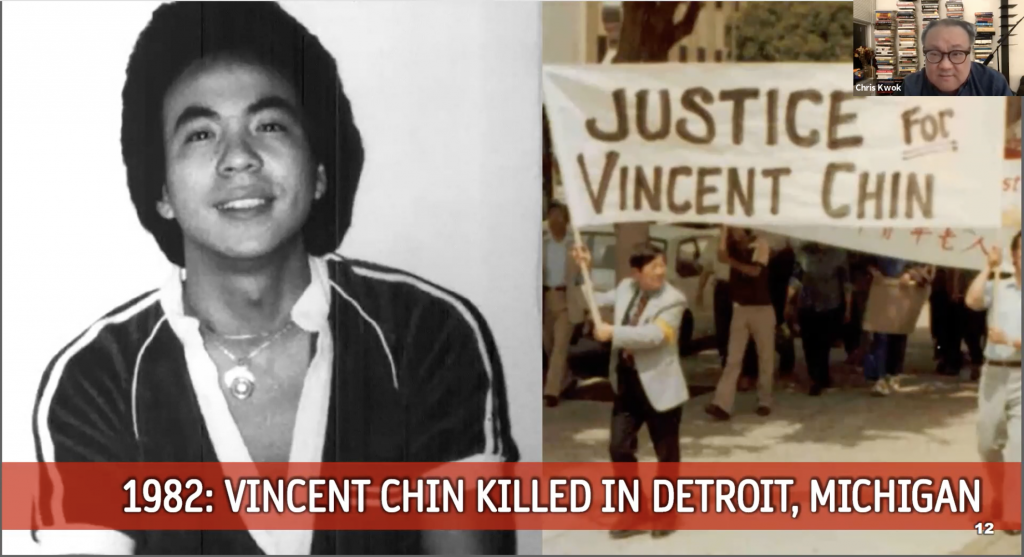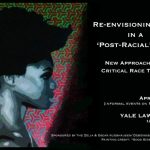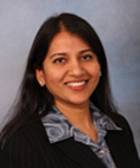
On May 26, the Asian American Bar Association of New York (AABANY), along with the New York City Bar Association (NYCBA) and the New York State Bar Association (NYSBA), hosted a CLE program about the rise in anti-Asian violence during the past year. Karen King, AABANY Pro Bono & Community Service (PBCS) Committee Co-Chair welcomed the attendees. Bret Parker, the Executive Director of the New York City Bar Association introduced the program and gave his thanks to the organizers of the event as well. Karen Kithan Yau, AABANY Board Director and the moderator for the event, introduced the program’s panelists: PBCS Committee Co-Chair and Morvillo Abramowitz Partner Karen King; AABANY Board Director, Issues Committee Co-Chair, Asia Practice Committee Co-Chair and JAMS Mediator Chris Kwok; Girls Rule the Law founder Mirna Santiago; Kings County DA Office Bureau Chief Kin Ng; and Legal Aid Society Cop Accountability Project attorney Jennvine Wong.
Karen King and Chris began the presentation for the event. Karen first discussed the origins of anti-Asian racism during the COVID-19 pandemic, explaining that anti-Asian bias incidents began very early on in the pandemic. The number of incidents only tapered off due to the stay-at-home orders, before increasing once again after President Trump’s inflammatory statements blaming Asians for the outbreak. Chris also pointed out that the New York Police Department (NYPD) often neglected to fully investigate the earliest occurrences of anti-Asian hate, regarding them as minor incidents. He also presented a brief history of anti-Asian violence, beginning with the Chinese massacre of 1871 which immunized violence against Asians and ending with the Vincent Chin case. Karen then discussed the causes of the violence against Asians. She explained that societal stress, inaccurate information, underreporting, lack of cultural awareness of the discrimination that Asians face, and prosecution’s tendency to not pursue hate crime enhancements all contributed to the increase in anti-Asian incidents. Chris also noted that the NYPD Asian Hate Crimes Task Force not only lacks funding, but that its members are already assigned to other departments in the NYPD and serve on the Task Force on a volunteer basis. The Black Lives Matter and the Defund the Police movements also eclipsed the issue of anti-Asian violence through the end of 2020. Karen explained that AABANY’s report on anti-Asian violence was written to document this issue and keep it in the public eye.
After the presentation, Karen Yau opened the conversation to the rest of the panelists. She began by addressing Mirna, asking her what it meant to be an ally. Mirna explained that the feeling of “otherness” is something that all minority groups face. She also emphasized the need to break away from tit-for-tat allyship and to build a trans-racial coalition united to fight against racism and hate.
Karen then turned to Kin and asked about the reasons why any hate crimes had yet to be successfully prosecuted. Kin explained that unlike other crimes, law enforcement must not only prove that the perpetrator committed the crime, but also must prove that the perpetrator was motivated by racist sentiments. This process is often lengthy and requires a great deal of investigation. Kin also pointed out that acquiring evidence of hate speech can be prevented by the victim’s inability to understand English. He acknowledged how frustrating the process was, but also encouraged the attendees to report any incidents, as establishing a pattern aids the prosecution of hate crimes.
Karen then followed up by asking how prosecutors dealt with the difficulties of investigating hate crimes. Kin explained that establishing trust between the District Attorney’s Office and people in the community is instrumental in acquiring evidence. He also pointed out that more funding and employing more bilingual individuals to act as a liaison between the DA’s Office and the community would aid prosecution immensely.
Karen then turned to the issue of over-incarceration. Addressing Jennvine, Karen asked her thoughts about combating anti-Asian incidents without turning to incarceration. Jennvine acknowledged the issue, emphasizing how hate crime enhancements disproportionately affect other minorities who are already overrepresented in the prison system. She also asserted that criminalization would obscure the root cause of the violence, white supremacy. Rather than buy into the media’s false narrative of blacks versus Asians, Jennvine explained that many Asian Americans and Pacific Islanders (AAPIs) are subjected to violence because they are trapped in poverty and living in unsafe neighborhoods. Jennvine concluded by contending that turning to the NYPD would not offer a viable long-term solution.
Karen then returned to Kin, asking if the new discovery laws had any effect on the prosecution of hate crimes. Kin explained that the new laws would allow the alleged perpetrator’s defense attorney to call witnesses in their homes because the defense is entitled to interview witnesses. This change has resulted in some individuals being less willing to testify, making underreporting more severe.
Karen then moved the conversation to bail reform. She described one incident where, due to the pandemic, the alleged perpetrator of a bias incident was not put on trial and walked free without an order of protection for the alleged victim for several months before going to court. Jennvine responded by emphasizing the importance of bail reform and how previous bail laws only gave victims a false sense of security. She also pointed out that orders of protection are typically granted and also tend to only give protection in name. Kin also noted that the large gap between the report of the incident and the court date was due to the extraordinary circumstances caused by the pandemic. The absence of an order of protection was due to the lack of a court hearing until the later date.
Karen then addressed Chris, asking about his experiences in speaking with the media. Chris explained that when the report was published in February of 2021, mass media was not aware of the basic facts about anti-Asian violence. When the media coverage began to recede in March, the Atlanta shootings gave new gravity to the situation, though much of the nuance about the issue was lost in the popular narrative which pits blacks against Asians. Nonetheless, Chris also noted that the attention Asians have received in the media is unprecedented.
Karen then turned back to Mirna, asking to what degree the conflict between Asians and blacks is real. Mirna emphasized the need to educate others and to reconsider our own bias when being an ally. She also highlighted Grace Lee Boggs, an Asian woman who was extremely active in the fight for black civil rights in the 1960s. She closed by reiterating the need for listening and empathy across communities.
Karen then inquired about the importance of symbols, such as swastikas, in prosecuting hate crimes. Kin responded that since Asian cultures are extremely diverse, finding a single symbol that could be employed as a hate symbol against Asians would be difficult. Kin also reiterated that the police’s ability to prove a connection between race and the crime depends largely on the amount of effort the police are willing to put into the investigation.
Karen’s final question was about the possibility of a program where alleged perpetrators could receive counseling from victims. Karen King disagreed, questioning its practicality, but supported counseling perpetrators. Mirna concurred, stating that it should never be the burden of the victims to help their perpetrators. Chris also emphasized the importance of education and cultural competency in combating racism and building solidarity.
Kin and Chris then closed the panel discussion by reemphasizing the need for reporting incidents, as the issue of anti-Asian violence would remain invisible unless victims and witnesses stepped forward to bring the issue into the spotlight.
The President of the NYSBA, Scott Karson, concluded the event by thanking the organizers, panelists, and attendees for participating in the event, and reiterated NYSBA’s solidarity with the Asian community. Karen Yau also encouraged attendees to volunteer for AABANY’s Hate Eradication Active Response Team (HEART), an initiative which would allow volunteers to connect community members who had experienced a bias incident with legal and mental health resources.
To learn more about the HEART initiative click here. To view the full video of the program, click here.




